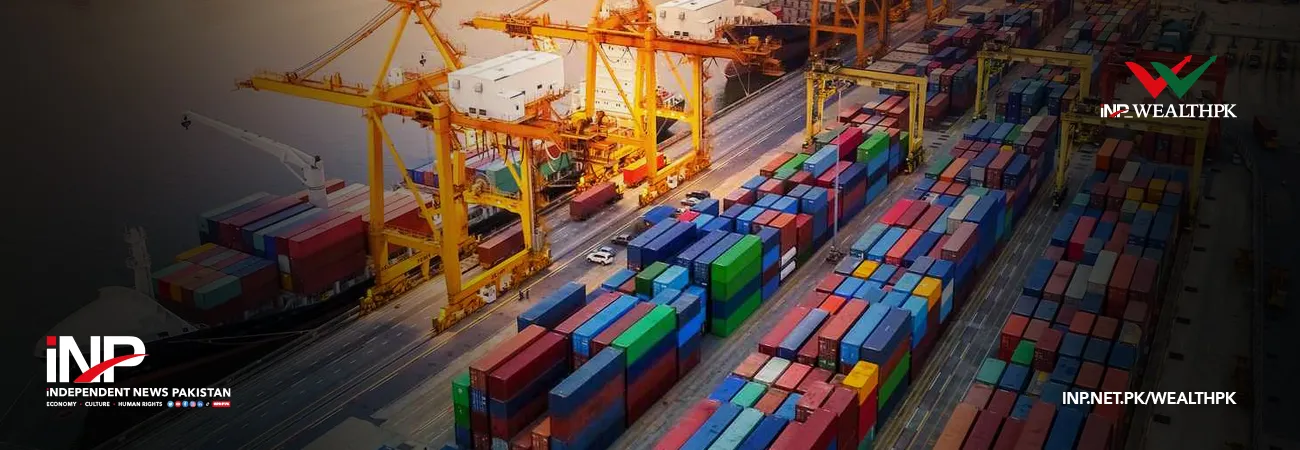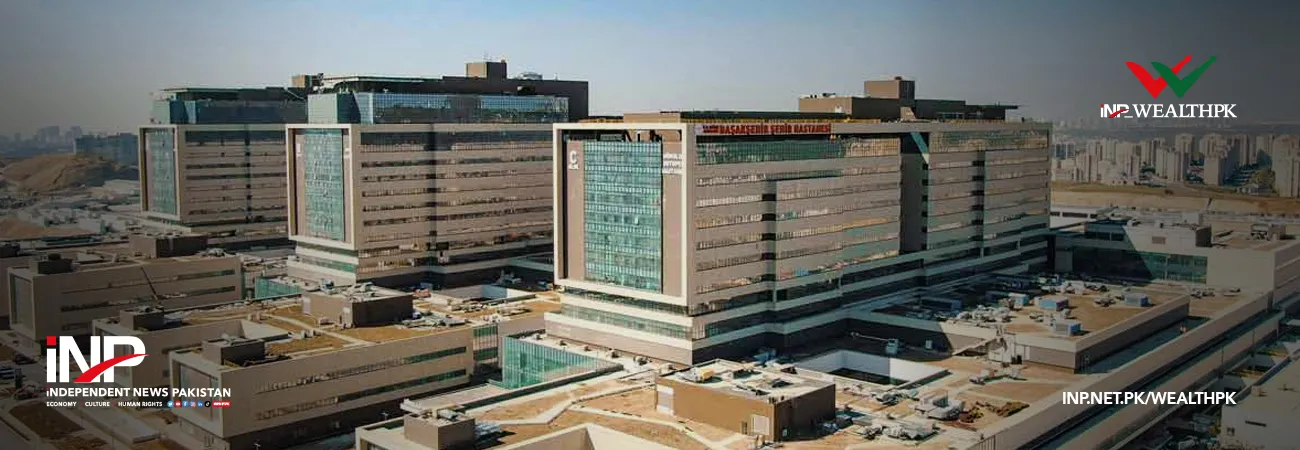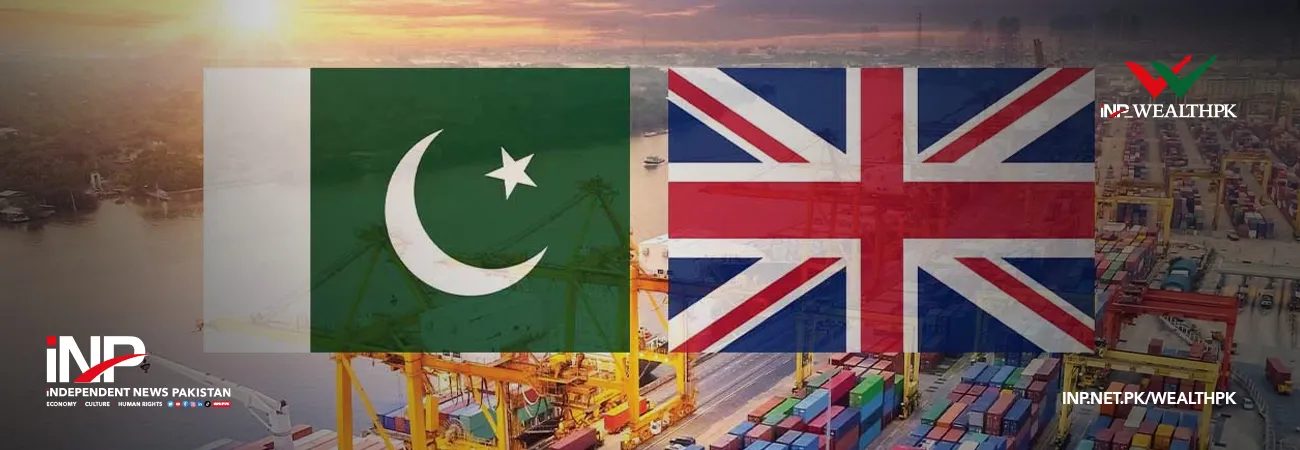INP-WealthPk
Muneeb ur Rehman
The export sector's significant reliance on government subsidies hinders the industries from innovation, enhancing product quality, and creates an uneven playing field for businesses, Dr Omer Siddique, senior research economist at the Pakistan Institute of Development Economics (PIDE), told WealthPK. Several crucial sectors, such as textiles, leather and tanneries, sports products, food processing, logistics, automobiles, fertilizer, and engineering, heavily depend on government subsidies. This reliance is impeding the private sector's growth and deterring innovation, he said.
In this context, the recently proposed subsidy on gas prices reflects adherence to the same mindset upheld by the policymakers. The government is considering giving gas subsidies of 44% to the exporters in the upcoming price adjustment. However, it plans to raise rates for domestic consumers by up to 172%, emphasizing the exporters control over the depleting resources. In addition, to foster growth and competitiveness of five export-oriented industries, including textile, leather, carpet, surgical, and sports goods, the government has assigned a significant subsidy of Rs100 billion in the electricity tariff. The price had been set at Rs19.99 per unit for the Fiscal Year 2022-23.
While the removal of subsidies will pose short-term challenges, he added, the industries will seek avenues to enhance product quality, formulate a comprehensive export marketing strategy, and augment their technical expertise to thrive in the global market. Mentioning the factors behind the government's support for the export sector, Omer Siddique said, "The government's generosity can be attributed to several factors, with notable ones including the de facto influence of corporate lobbies and the urgent need to enhance annual export figures amidst a shortage of foreign exchange reserves."
In general, the subsidies are usually indirect, like in the form of tax rebates, relief on electricity and gas prices, low rates of export duties, etc. Removing subsidies is also necessary to fulfill the IMF condition. The Fund has urged the authorities to eliminate subsidies as a prerequisite for resuming the loan program for Pakistan, he asserted. Rather than giving subsidies, the senior researcher advised the government to follow in the footprints of the developed nations.
"The government should extend support for research and development (R&D), akin to the developed nations. This support will assist the industries in innovating their products, reducing costs, and ultimately enabling them to outperform industries from other countries in the global markets," he added.
Credit: INP-WealthPk













